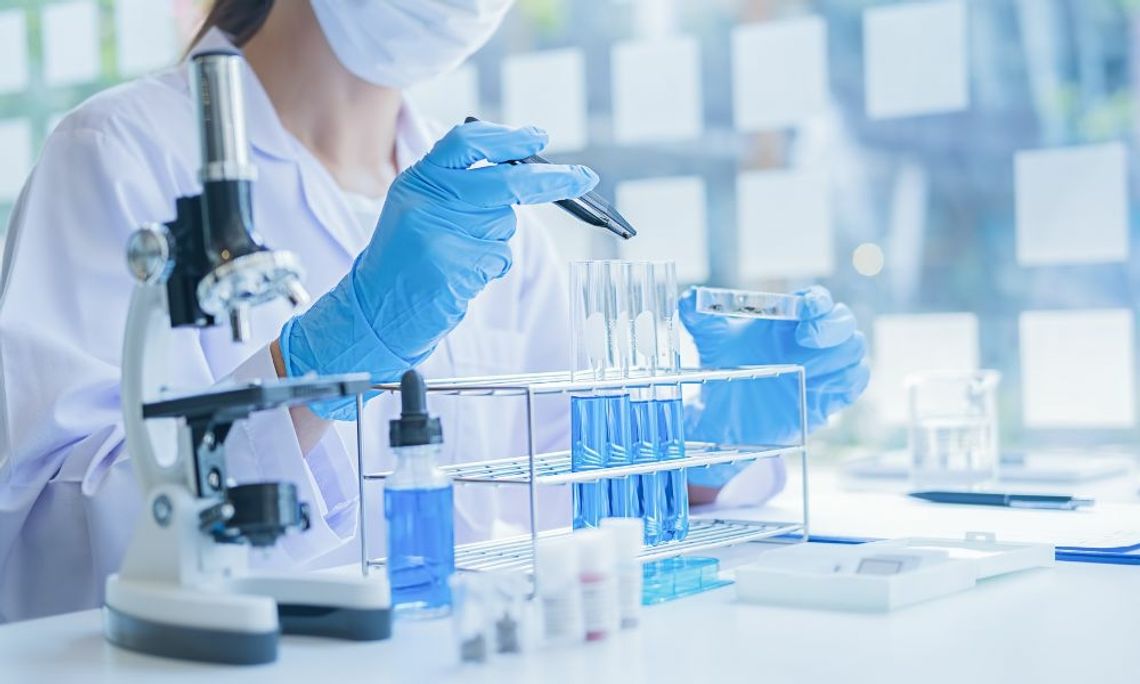In the rapidly evolving landscape of biotechnology, efficiency and scalability are key. Traditionally, multi-use stainless steel bioreactors and complex plumbing systems have dominated the industry. However, a shift is happening; single-use bioprocess products are increasingly taking center stage, revolutionizing how biomanufacturing companies operate. Read on and find out how single-use bioprocess products are changing the industry.
Simplifying Operations
One of the most compelling aspects of single-use bioprocess systems is operational simplicity. The traditional stainless steel systems often require complicated setups and extensive cleaning protocols to ensure sterility and performance. In contrast, single-use systems are essentially plug-and-play. They come pre-sterilized and are ready to use right out of the box, significantly reducing lead times and the risk of contamination.
Cost-Efficiency
Stainless steel systems have high upfront costs, and their maintenance isn't cheap either. Sterilization and cleaning processes can be labor-intensive and resource-draining. On the other hand, single-use systems, while not entirely free from costs, do offer a more budget-friendly alternative. They eliminate the need for CIP (clean-in-place) and SIP (sterilize-in-place) procedures, thus saving both time and money.
Scalability and Adaptability
Scalability is another domain where single-use systems shine. Traditional systems may require significant reconfiguration or even new infrastructure to scale up, posing both logistical and financial challenges. With single-use systems, scaling up (or down) becomes far simpler. They offer flexibility, allowing quick adaptation to meet changing production demands, a crucial feature in industries like pharmaceuticals where response time can be critical.
Advantages of Single-Use Bioprocess Products
Single-use bioprocess products don't just streamline operations, reduce costs, and offer scalability; they come with a range of other advantages too. They can be rapidly deployed in emergency situations, such as pandemic responses where time is of the essence. Moreover, they reduce the environmental impact by eliminating the need for chemical sterilants and large volumes of water for cleaning. Their low weight and compact size also make them ideal for distributed manufacturing setups, which can be closer to end-users.
Now that you know how single-use bioprocess products are changing the biotech industry, it's evident that their benefits extend far beyond simplicity and cost-efficiency. They offer a level of flexibility and adaptability that is hard to match with traditional systems, making them increasingly the go-to choice for modern biomanufacturing setups.


Comment
Comments